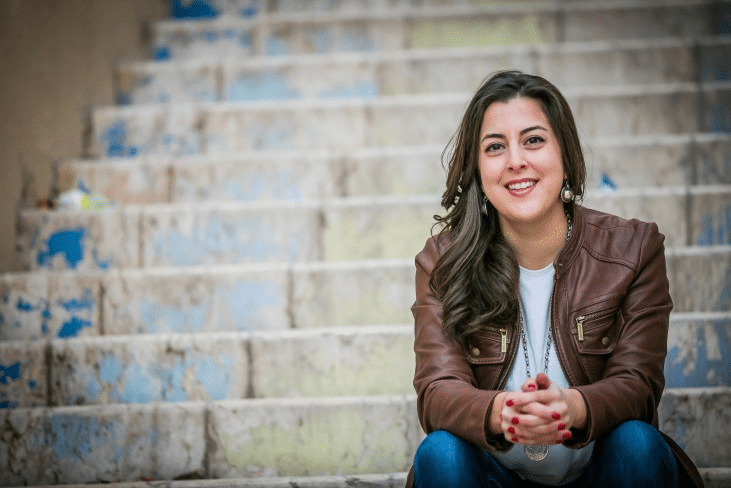Skift Global Forum Preview: Giving Locals the Power to Be Storytellers

Skift Take
History is often written by the conquerors, as the saying goes. In tourism, stories of places are often told by companies that aren't considering some of the most important voices from locals. Baraka is bringing some of these voices out of the shadows.
Many travelers' desires to get a glimpse into locals' lives often has pros and cons, and Baraka, an Amman, Jordan-based consulting firm that works with locals and international professionals on how to stimulate economic growth in communities with tourism sites, wants to make sure the positive impacts of tourism outshine the negative.
Baraka founder and managing director Muna Haddad founded the firm in 2012 to change how a destination's story is told by flipping the script and giving locals more opportunities to share their stories and what various tourism sites in their communities mean to them.
Haddad will talk about changing the storytellers of a destination at Skift Global Forum in New York City on Sept. 27.
Haddad's mission is to mainstream sustainable tourism methodology, and Baraka works with tourism sites on projects such as visitor management plans, training programs, zoning plans, and tourism marketing strategies. Baraka has worked with eight tourism sites throughout Jordan since it launched six years ago.
Baraka works with sites for three to five years. Haddad said that if locals are empowered to tell their stories, "ego of travel becomes dispersed and others are accounted for." She started her caree
